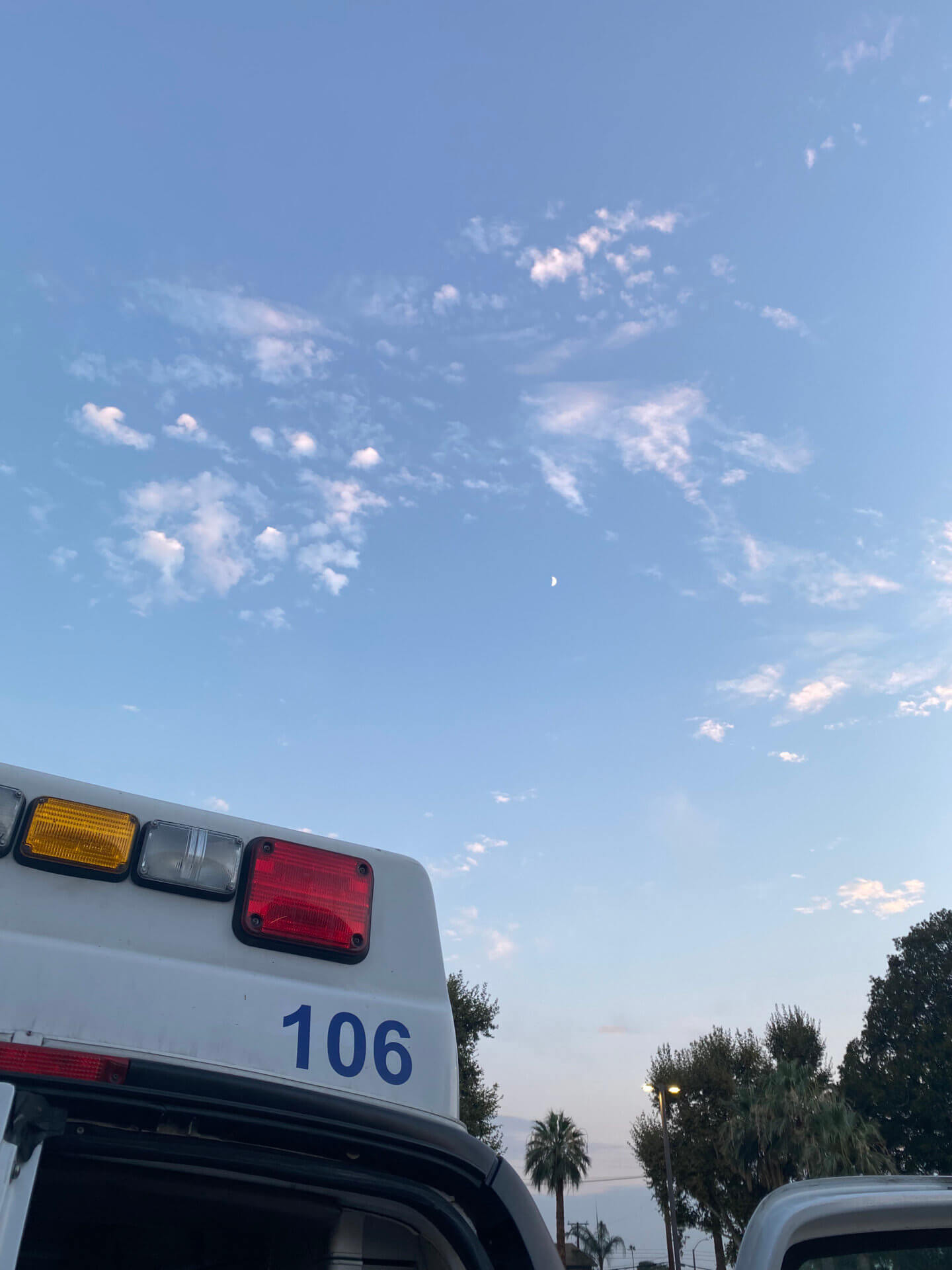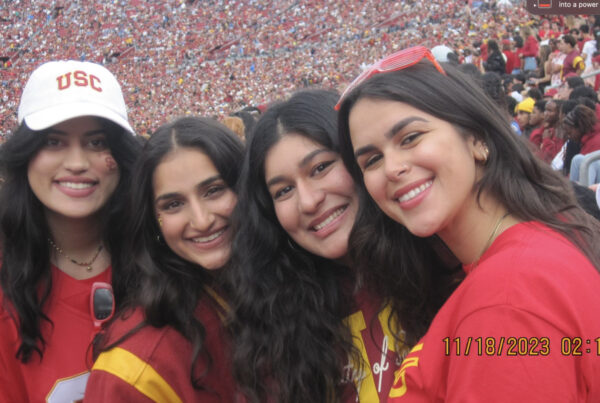Summer is a really fun and interesting time for USC students. When we think of summer involvements, most people assume all engineers just work internships. While many do, I think it is important to recognize other non-traditional summer plans. Some of my friends engaged in research this summer while others worked as summer camp counselors. For me, I decided to spend most of my time working as an Emergency Medical Technician (EMT) on an ambulance.
For those of you who don’t know, EMTs provide Basic Life Support (BLS) level care in a pre-hospital setting. We work responding to 911 calls and transporting patients between facilities (like nursing homes, dialysis centers, and emergency rooms). EMTs take a course that is about 6 units and can take anywhere from 3 weeks to 6 months to complete. I took my course my sophomore year during the spring semester in addition to my engineering course load. I loved learning new skills and practicing on my friends. We learned how to perform CPR, provide oxygen, place patients on backboards, and treat trauma injuries. It was really cool for me to see how biomedical engineering devices were used in the real world and how they could be improved for more effective use.

Practicing spinal precautions and trauma with other classmates

Fighting on in my uniform for my first day!
This summer, I decided to apply my skills by working on an ambulance for the first time. For my job, I worked full time with a combination of 12 and 24 hour shifts. However, because EMT work requires you stay with your patient, sometimes my shifts were extended 3-5 hours over. Despite the long hours, I had so much fun working this summer. EMTs work in pairs with one driver and one attendant, so I had the opportunity to really get to know my partner each shift. Every partner I had was so different, but I learned a lot from each of them, and I felt that I really refined my skills.
My favorite part of work, however, has definitely been the patients. On the ambulance, I have a few responsibilities like monitoring their condition by taking vitals and submitting paperwork so there is a lot of time to get to know each patient. I love asking them their life stories and learning more about their condition. Most of my patients are older than me, so I ask for advice and wise words too if they are willing. Getting to chit chat with patients has made some of the longer days fly by.
Overall, if you are interested in learning some basic medical skills and applying them, I highly recommend becoming an EMT. The work is unpredictable and makes me think on my feet, and I feel like I have learned a lot about how to interact with patients. I am excited to continue working as an EMT part-time this semester and hopefully extend my skills farther in medical school.




